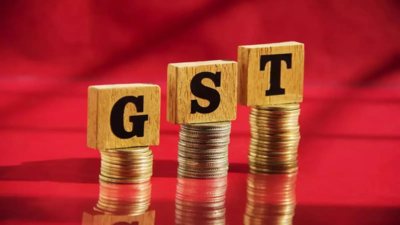
Prime Minister Narendra Modi’s announcement of GST 2.0, with rate cuts to be rolled out by Diwali, is a timely and strategic step to strengthen the Indian economy, according to tax experts.From the Red Fort on Independence Day, Modi said GST rates will be lowered on everyday-use goods as part of reforms to the eight-year-old tax regime, aimed at reducing litigation and evasion. The Finance Ministry later said the proposal envisages two slabs — standard and merit — plus special rates for select items, replacing the current four brackets of 5%, 12%, 18% and 28%, with luxury and sin goods attracting an additional levy, according to PTI.“The Prime Minister’s vision for GST 2.0 is a timely and strategic move to build a resilient Indian economy. These are not merely procedural changes; they are essential structural reforms designed to mitigate the risks arising from global trade tensions,” said Saurabh Agarwal, Tax Partner, EY India. “By addressing the inverted duty structure, we are unlocking crucial working capital and making our exports more competitive,” he added.Krishan Arora, Partner – Tax Planning & Optimisation, Grant Thornton Bharat, said GST rate rationalisation has been long expected. “The rate rejig of items of daily consumption from 12% to 5% could help not only reduce end-product prices but also boost consumption and demand, especially for MSMEs,” he noted , quoted PTI.Since its launch, GST has doubled the indirect tax base to 1.52 crore, but revenue only recently recovered to pre-GST levels due to tax cuts and the pandemic slowdown. Vivek Jalan, Partner, Tax Connect Advisory Services LLP, said two GST Council meetings may be held in September as part of the rate rationalisation exercise. “It is expected that this Diwali, items of mass consumption by the common man will be brought into the lower slab of 5%. For example, small sachets of Rs 10 or less supplied by FMCG players may be considered for the lower bracket,” he said.CII Director General Chandrajit Banerjee said the PM’s address underscored a commitment to empowering youth, strengthening MSMEs, and accelerating the Atmanirbhar Bharat mission. He highlighted the Rs 1 lakh crore PM-Viksit Bharat Rozgar Yojana, which offers Rs 15,000 support for first-time job seekers.Harsh Shah, Partner, Economic Laws Practice, said the reforms could include doing away with the 12% slab, rationalising rates for health and life insurance, and clarifying blocked credit provisions. “With GST collections in FY 2025-26 likely to exceed Rs 22 lakh crore, the time is right to boost the economy, especially given recent geopolitical headwinds,” he added.










